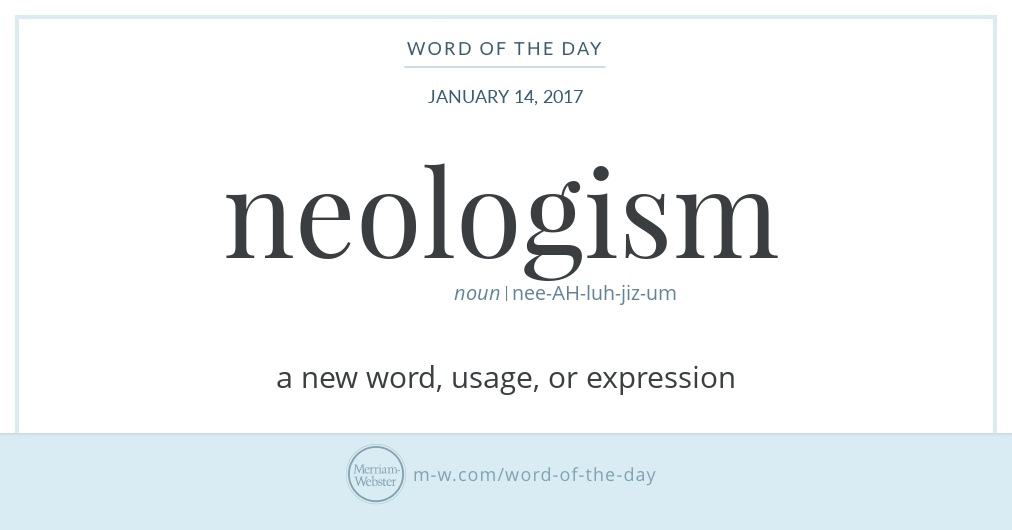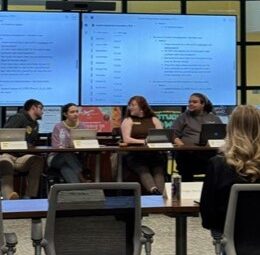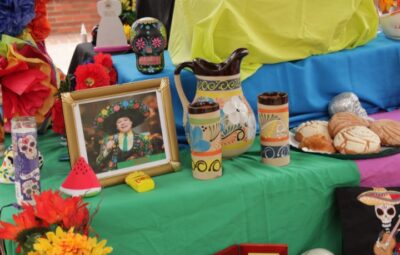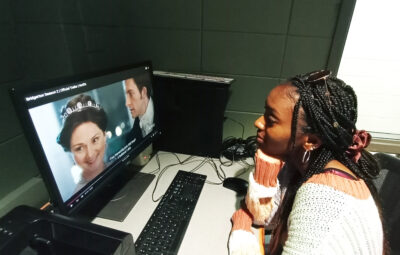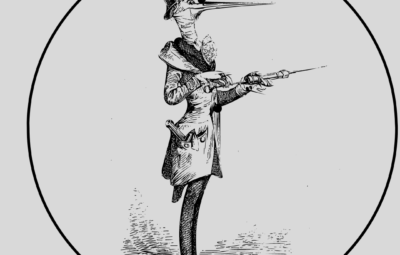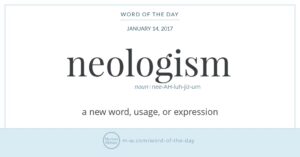
Now, I’m sure I know what you’re thinking, “What the heck is a neologism?” Being that we have plenty of extra time to scroll through social media, I am positive that you’ve encountered at least one instance of someone providing a quirky nickname to the coronavirus, whether it be “Miss Rona,” “the roni virus,” “rona” or even COVID-19. These are all neologism babies that are the children of the time we are existing in.
A neologism is the linguistic term for a newly coined word or phrase, meaning that all of the fun nicknames we have created to lighten the devastation of the virus are neologisms. COVID-19, likely being the most popular of these, is a portmanteau that stands for coronavirus disease 2019. Rather than having to spell that out every time, the much shorter COVID-19 became the favored option.
All of the less professional and fun names for the virus that became popularized, as previously listed, are still an interesting device in understanding the way in which this disease is affecting our language.
The LA Times provides some more portmanteaus (a blend of two words to create a new one) such as: “covidiots,” “quarintini,” “coronnial” and “zoombombing.” “Covidiots” define the people who are responding to the COVID-19 crisis in an idiotic way. “Quarintini” is a quarintine-martini. “Coronnial” defines the new generation of babies that will be born after being conceived during the coronavirus. “Zoombombing” is when someone or something “photobombs” a zoom call.
At the current moment, there is no way to tell if these newly coined terms will withstand the test of time beyond the length of the coronavirus pandemic; however, there is still something important that can be deduced, even from this small set of words.
What is important to notice is that our language is quickly changing and adapting to its environment, just as a sunflower may change the direction in which it’s growing to soak up more sun. Our language isn’t something that is static and dead but rather something that is rapidly changing and moving.
That being said, this makes me wonder under what other circumstances the way in which we use language could change so rapidly and significantly to define generations.
I am positive there are words that we all said as children that no longer hold weight in our everyday vocabulary: “swag,” “groovy,” “as if” and “cool beans” to name a few. However, this makes me question if we’re as in control of what we say as we think that we are?
I may speak for myself in saying this, but I know that my vocabulary changes regularly as a result of the environment that I’m in, regardless of how hard I may try to avoid using words that may be incredibly popular at the time. I know for a fact that I’ve said “lit” unironically.
Perhaps we’re much more a victim of society when it comes to our general use of language than we think. Is language yet another thing that we don’t seem to quite have control over? It seems that society has infiltrated yet another part of our existence and taken it captive.
Although, this is how we stay relevant and up to date, isn’t it? In a world that is constantly changing, it might be profitable to change with it in to maintain a level of understanding.
These neologisms that have become a part of this new normal that we’re living in, I think, will add to the historical value of the pandemic in recognizing that this virus changed much of the way we interact, including through something that seems as simple as the functional unit of communication—language.

